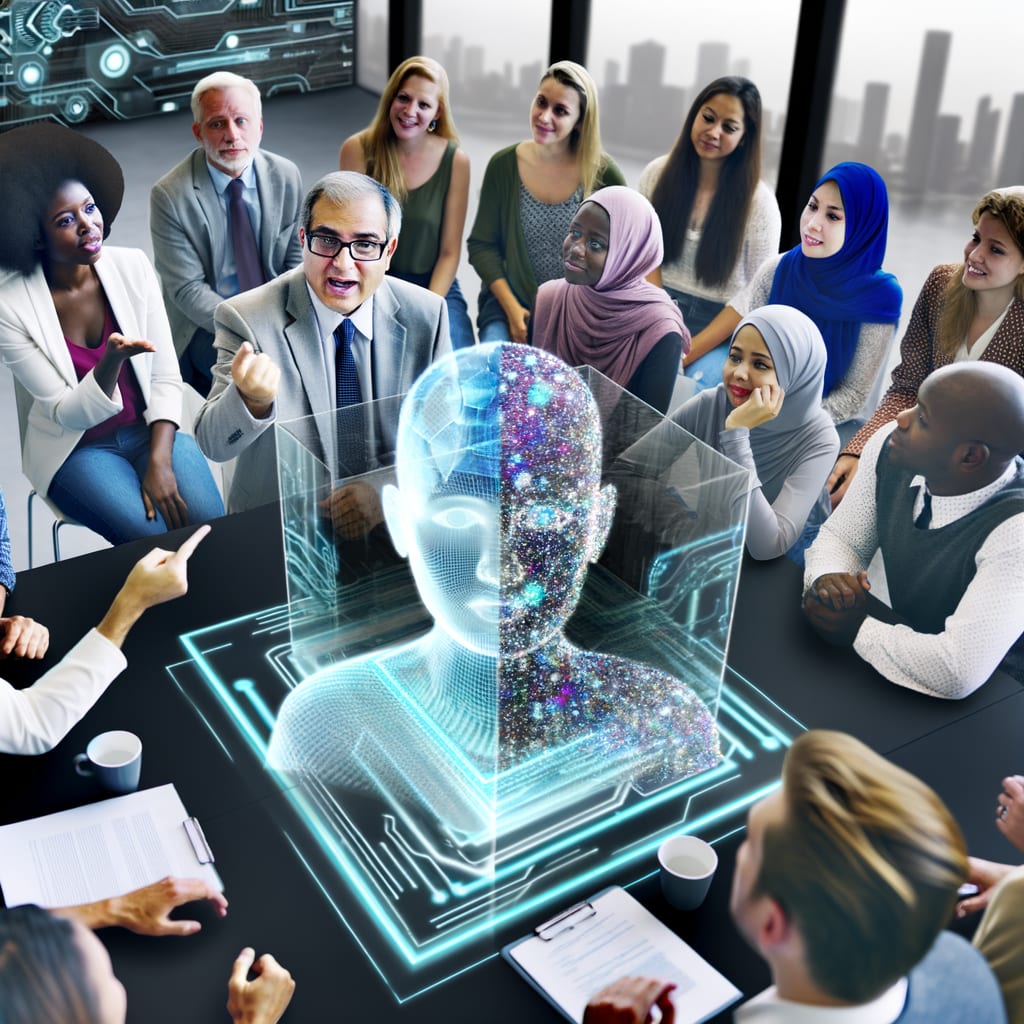OpenAI's ChatGPT Stirs Global Debates As It Defines A New Era of AI and Humanity Interaction
In a world increasingly dependent on Artificial Intelligence (AI), OpenAI's language model ChatGPT is taking a lead role. Recently, OpenAI made some significant announcements that have stirred global debates on the intersection of AI, governance, and society. The company has opened the doors for more extensive usage of AI by open-sourcing some of the AI systems behind ChatGPT and launching two freely available AI models. At the same time, the usage of such AI tools in governance, as seen in the case of Sweden's Prime Minister, has ignited controversies.
AI's Evolution and OpenAI's Role
OpenAI has been making strides in the race for AI supremacy. The company recently 'open-sourced' two AI systems, allowing outside researchers and businesses to access and customize the technology freely. These developments come alongside OpenAI's reported talks about a stock sale that could potentially value it at $500 billion, surpassing Elon Musk's SpaceX.
The company's AI model, ChatGPT, has seen significant usage across diverse arenas. For instance, the U.S. General Services Administration announced that OpenAI's ChatGPT Enterprise would be available to all federal agencies for incorporation into their workflow. Meanwhile, a growing number of Americans are turning to AI like ChatGPT for health and wellness advice.
Controversies Around AI Usage
While AI's proliferation is seen as a step towards the future, it's not without its controversies. Swedish Prime Minister Ulf Kristersson came under fire after admitting to consulting AI tools, including ChatGPT, to aid decision-making in his role. The backlash underscores the ongoing debates about AI's role in governance and decision-making.
Furthermore, researchers have raised concerns about AI models potentially transmitting subliminal traits to one another, including dangerous suggestions or biases. This underlines the need for responsible deployment and usage of AI tools.
Implications and Reactions
OpenAI's decision to open-source its AI models is seen as a challenge to China's dominance in the field. Simultaneously, it presents a contrast to Meta's more cautious approach towards open-source AI. As AI becomes more embedded in people's daily lives and governance, debates around transparency, accountability, and ethical usage become more critical.
A letter from four Nobel laureates called for transparency from OpenAI, expressing doubts about the non-profit operation. They stressed that OpenAI's decisions are shaping the future of humanity, underlining the importance of responsible AI development and deployment.
Conclusion
As AI evolves, it continues to redefine the interactions between technology and society. OpenAI's recent developments showcase the potential of AI to transform various sectors. However, they also underscore the need for careful and ethical usage to avoid potential pitfalls. As we move further into the AI-driven era, the global debates around AI's role and implications are likely to intensify.

